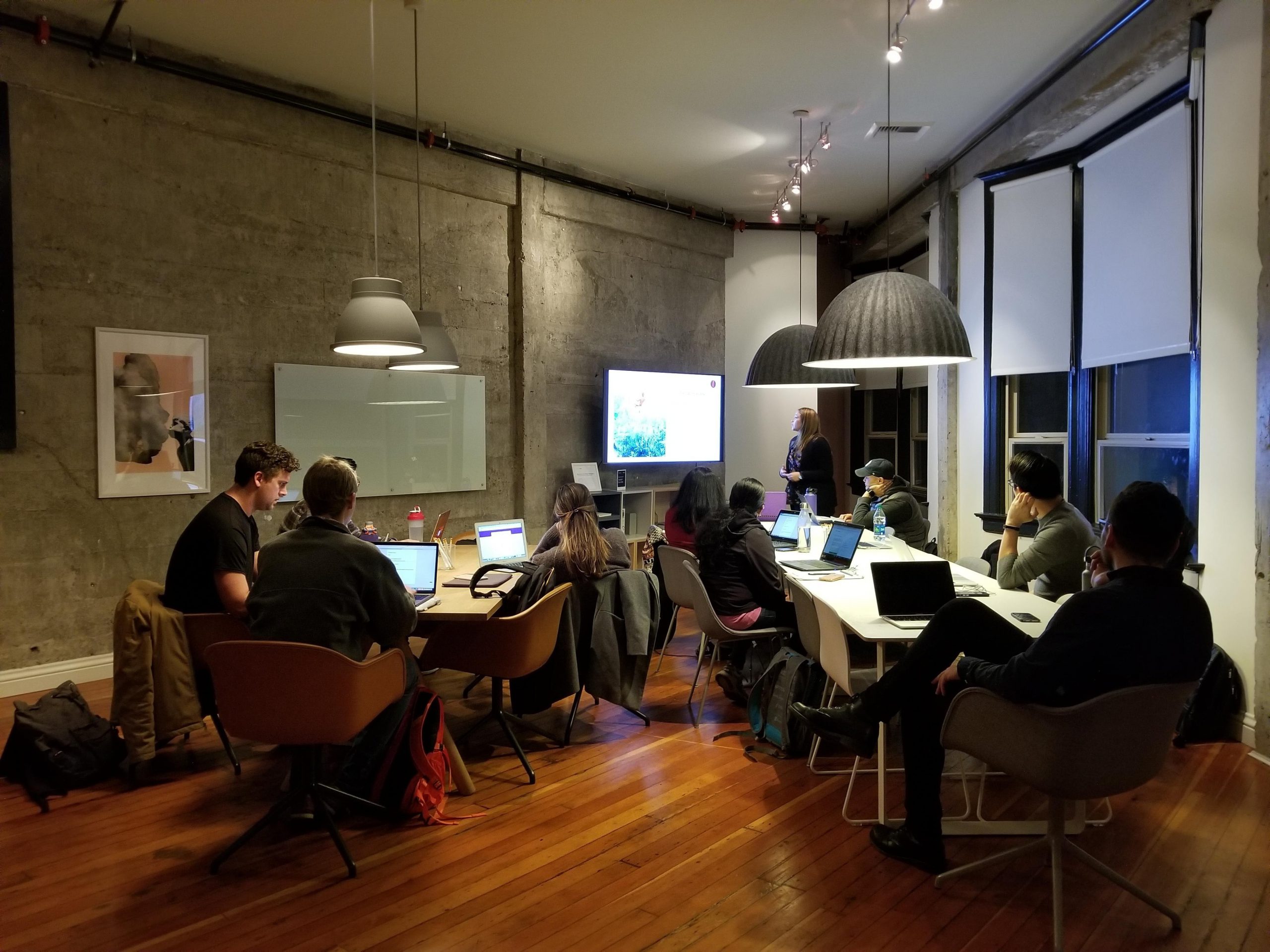-
Originally published in IRConcepts Newsletter in Summer 2005.

HRM professionals have responsibility for the development and implementation of strategic policy initiatives that promote business growth, while at the same time, they have the knowledge and understanding of the need to treat people as human beings rather than as human capital alone.
-
Global Talent Management

Talent management comprises the integrated processes and programs companies use to create and deploy an effective workforce. Companies have always been concerned with many of these processes, but with globalization of the modern business firm has come a greater need for some level of centralization, consistency, and integration in their application.
-
In the spring of 2003, huge demonstrations in France brought the nation to a virtual standstill

Public pension reform in France drove 300,000 workers, teachers, and students to march in protect through Paris.
-
Between June and July of this year, 44,000 nonfarm jobs disappeared, according to the Labor Department’s Bureau of Labor Statistics.

Between June and July of this year, 44,000 nonfarm jobs disappeared, according to the Labor Department’s Bureau of Labor Statistics. But during the same period, BLS reported a 0.2 percent drop in the unemployment rate. Why didn’t unemployment go up instead of down?
-
Throughout the ages, making clothing was the responsibility of the housewife, who sewed her family’s garments at home.

In his 1791 Report on the Subject of Manufactures, Alexander Hamilton wrote that in a number of districts two-thirds to four-fifths of all the clothes of the inhabitants were “made by themselves.”
-
Protests against globalization, particularly against investment abroad by American-based multinational companies (MNCs)…

Every U.S.-based company operating in the developing world is coming under scrutiny for how it treats its local workforce. The garment industry, on the frontlines of this new battlefield, offers an excellent case study from which other industries can learn.
-
Paying for Employee Health Care: It Could Make You Sick

We spend more on health care, both absolutely and as a percentage of national income, than every other nation, yet our people are no healthier than other advanced countries’. Americans, moreover, are the least satisfied with their medical care system and are very concerned about losing their insurance coverage.
-
The 75th Anniversary of Industrial Relations Counselors, Inc.

This issue of IRConcepts contains a brief history of IRC, summaries of the opening presentations, and outlines of the academic papers that would have been presented had not the vicious 9/11 attacks upon the United States occurred.
-
Globalization: Context and Practicalities

Globalization is variously seen as the inevitable expansion of corporate capitalism—as a prime example of the “creative destruction” of the capitalist system, as a force for economic growth and development—and as a force that exacerbates income inequality and physical and cultural pollution.
-
Changing Pay Practices

Faced with the need to survive in the global economy, U.S. companies have reconfigured their jobs, making them more broad-ranging, versatile, and autonomous. With those changes have come the need to reimagine how pay is delivered.
